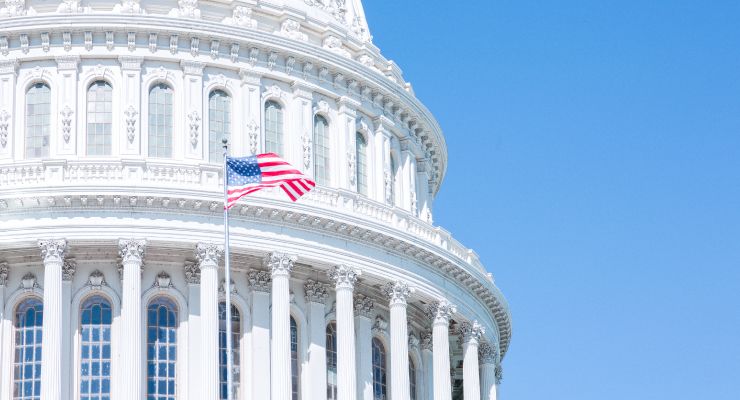Medicare
Medicare (Title XVIII) is the federal health insurance program that provides protection to persons 65 years of age and over and to persons eligible for Social Security Disability payments for more than two years.
NABH advocates on a variety of issues related to Medicare, including:
- Dual eligibles,
- Medicare RACs,
- the Medicare Inpatient Psychiatric Facility Prospective Payment System (IPF PPS),
- the Medicare Outpatient Prospective Payment System (OPPS),
- the Medicare 190-day lifetime limit,
- readmission issues
- Medicare Conditions of Participation.
190-Day Lifetime Limit
Medicare beneficiaries are currently limited to just 190 days of inpatient psychiatric hospital care in their lifetime. No other Medicare specialty inpatient hospital service has this type of arbitrary cap on benefits. The 190-day lifetime limit is problematic for patients being treated in psychiatric hospitals as they may easily exceed the 190 days if they have a chronic mental illness.
It is important to end discrimination — in all its forms — against individuals with mental illnesses. That is why the National Association of Psychiatric Health Systems is advocating elimination of this provision.
Eliminating the Medicare 190-day lifetime limit will equalize Medicare mental health coverage with private health insurance coverage and expand beneficiary choice of inpatient psychiatric care providers. It will also increase access to essential treatment for the most seriously ill and help to improve continuity of care.
Legislation to address this issue that is now being considered by Congress builds on historic laws Congress has already passed (including the Paul Wellstone and Pete Domenici Mental Health Parity and Addiction Equity Act and the Medicare Mental Health Copayment Equity Act). This measure has garnered strong support from consumers, providers, hospitals, and organizations representing seniors.
Inpatient Psychiatric Prospective Payment System
In January 2005, Medicare’s method of payment for inpatient psychiatric facilities (IPFs) changed from a cost-based system to a prospective payment system (PPS). The final rule on Medicare’s move to an inpatient psychiatric prospective payment system was published in the November 15, 2004, Federal Register.
According to the Medicare Payment Advisory Commission (MedPAC), “Medicare beneficiaries with serious mental illnesses or alcohol- and drug-related problems may be treated in specialty inpatient psychiatric facilities (IPFs). Beneficiaries who use IPFs are among the most vulnerable in Medicare. A majority are disabled and low income. They tend to be heavy users of health care services, in part because their mental illnesses may undermine their willingness or ability to comply with recommended care. Often, they have additional medical needs that may complicate their treatment. The services furnished by IPFs are intended to meet the urgent needs of patients experiencing an acute mental health crisis. To qualify as an IPF for Medicare payment, a facility must meet Medicare’s general requirements for acute care hospitals and must be primarily engaged in providing psychiatric services for the diagnosis and treatment of mentally ill persons.”
RECURRING:
- CMS: Inpatient psychiatric facility PPS PC pricers (check periodically for most recent)
- CMS: Provider Specific Data for Public Use in text format or SAS format (updated quarterly)
MedPAC:
- Inpatient Psychiatric Care: Trends and Issues (June 2010 MedPAC report).
Outpatient Prospective Payment
The Hospital Outpatient Prospective Payment System (OPPS) is the payment system Medicare uses for outpatient services, including Medicare partial hospitalization services provided to beneficiaries with mental and addictive disorders.
NABH advocates for appropriate access and coverage for Medicare beneficiaries receiving outpatient services.
Official CMS Web site on Hospital Outpatient Prospective Payment System
RECURRING:
- CMS: outpatient PPS pricers (check periodically for most recent)












